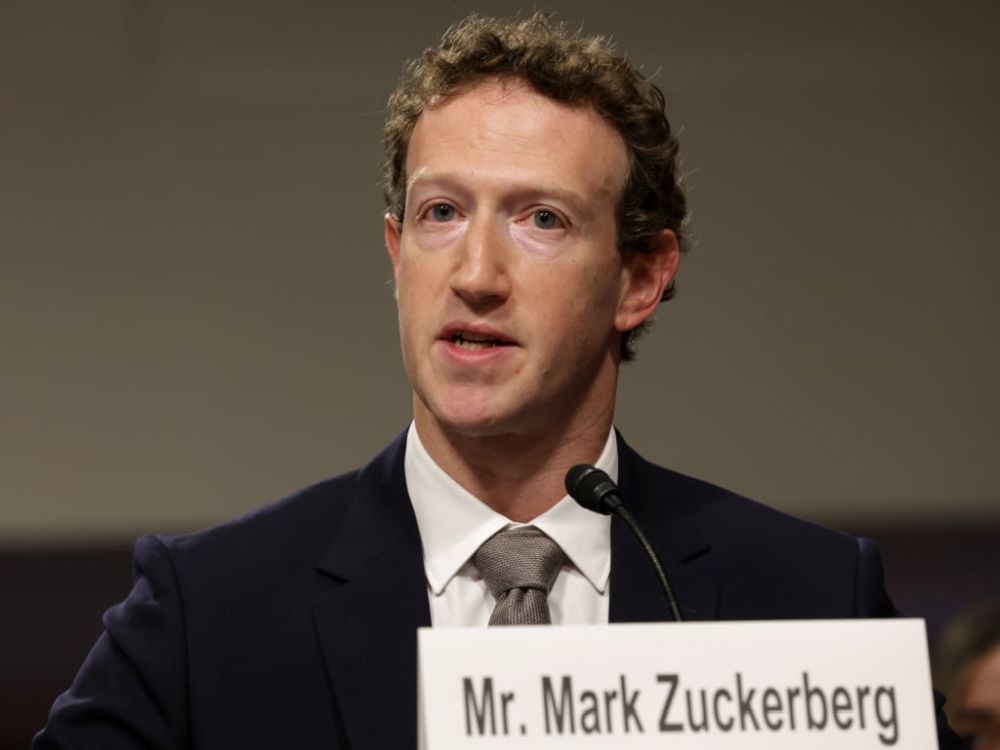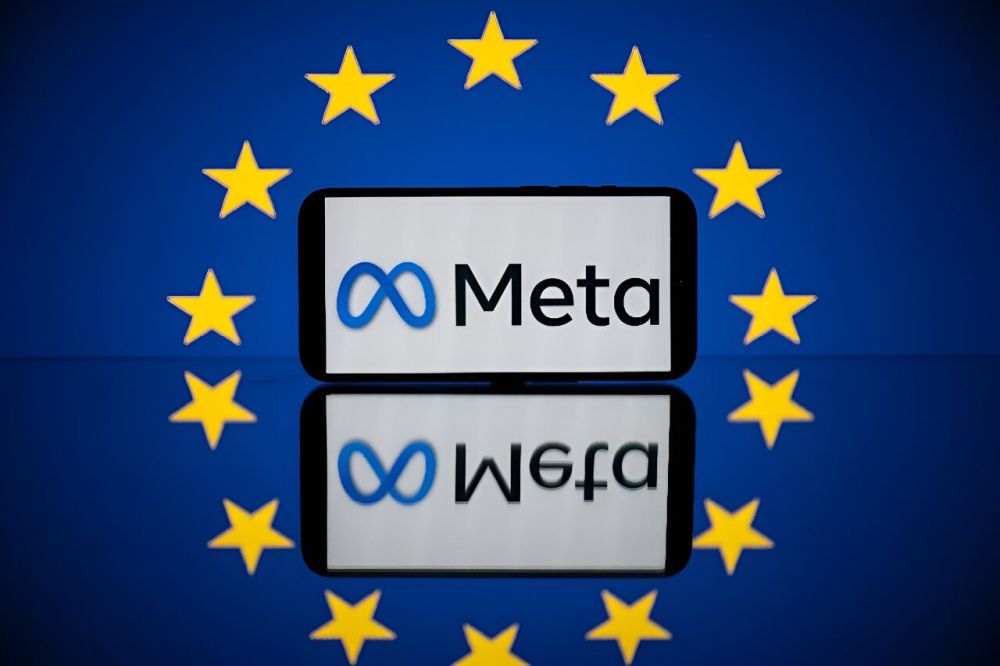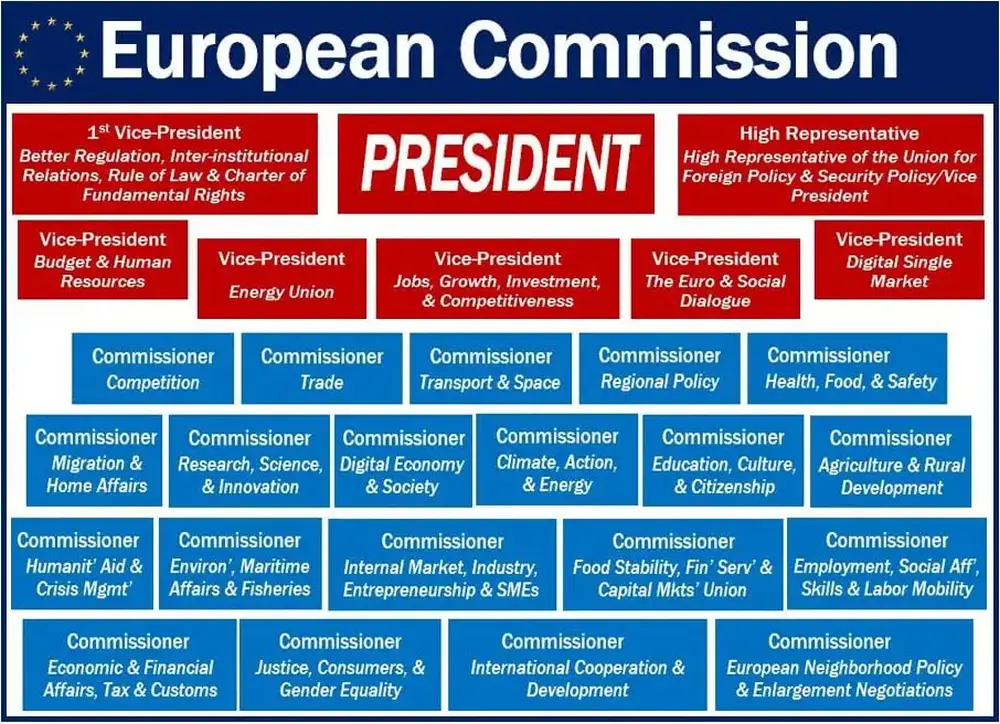Meta Platforms, the parent company of Facebook, has recently come under scrutiny by the European Union over antitrust concerns. The European Commission has charged Meta with abusing its dominant position in the social media market to stifle competition. The Commission’s investigation found that Meta may have imposed unfair trading conditions on competitors by restricting access to its vast user base and data. This move is part of a broader effort by European regulators to ensure fair competition and prevent large tech companies from leveraging their market power to the detriment of smaller rivals.

The charges against Meta highlight the growing tension between major tech companies and regulatory bodies worldwide. As social media giants like Meta expand their influence and control over digital markets, concerns about monopolistic practices and the impact on consumer choice have intensified. The European Commission’s action signals a firm stance against potential abuses of market dominance, emphasizing the need for transparency and fair competition. Meta, in response, has defended its practices, arguing that they comply with existing regulations and benefit users by providing a cohesive and integrated online experience.

This case also underscores the challenges regulators face in addressing the complexities of digital markets. The dynamic nature of the tech industry, coupled with the rapid pace of innovation, makes it difficult to establish clear regulatory frameworks. Companies like Meta operate on a global scale, complicating enforcement efforts and necessitating international cooperation. The European Commission’s investigation into Meta’s practices is a significant step towards creating a more level playing field, but it also raises questions about the effectiveness of current antitrust laws in the digital age.

As the situation unfolds, the outcome of the EU’s case against Meta will likely have far-reaching implications for the tech industry. If found guilty of antitrust violations, Meta could face substantial fines and be forced to alter its business practices. This case could set a precedent for how regulatory bodies approach antitrust issues in the tech sector, potentially leading to stricter oversight and more rigorous enforcement. Ultimately, the European Commission’s actions reflect a growing determination to hold powerful tech companies accountable and ensure that their dominance does not come at the expense of competition and consumer welfare.

